
Earlier this year, the Sydney Morning Herald declared Chris Pyne to be Australia’s most annoying person. I must confess, I thought the title belonged to Karl Stefanovic.
The Chris Pyne I know, my old sparring partner from Lateline, radiates charm. Among the nation’s liberals he is the true heir to Andrew Peacock, someone who draws you in with the smoothness of his conversation. One can easily imagine him working a room full of Young Liberals, like a cabaret act sparking up a mausoleum. Yet on television, it be true, Pyne comes across as tighter than a headband — much too intense, a carper not a charmer.
He is a victim of what might be thought of as the ‘Crean curse’ in Australian politics. After the Keating government’s heavy defeat in 1996, the new Labor leader Kim Beazley appointed Simon Crean as the Manager of Opposition Business (MOB). Within months his reputation went from that of a dour middle-ranking minister to a hysterical ratbag in the House of Representatives. As his subsequent spell as Opposition Leader demonstrated, Crean’s standing never recovered from this prolonged dose of negativity.
The MOB is the best position on the Opposition benches, suiting the skills of a true parliamentarian. But it comes at a price: the obscurantist task of unsettling the government through points of order and smart-alec manoeuvres, each of them captured by the cameras at Question Time. Paul Keating once told the Labor Caucus that ‘in [the House] either we run over them or they run over us.’ The MOB is a parliamentary prime mover.
In an era when the likes of Laurie Oakes and Mark Riley highlight trivial moments of disagreement, the public has developed a prissy view of political conflict. Thus the mob has come to dislike its eponymous MP. Pyne is the latest to suffer from this manipulation of public opinion.
Even worse, his impressive policy work in the education portfolio has been overshadowed by questions of personality. As the Press Gallery urges the Opposition to be more positive, it would help if they themselves paid more attention to Pyne’s speeches and policy statements. He is developing an agenda which, if implemented, would transform Australian school education for the better. It includes:
Extending the highly successful Independent Public Schools program in Western Australia to the rest of the country — transferring the control of schools from cumbersome State bureaucracies to local principals and school governing councils.
Cleaning out the dead wood from the teaching profession — teachers who do not achieve good results in the classroom cannot expect to stay in the classroom.
Providing education funding directly to families, such as tax rebates for the cost of after-school tutoring.
Pyne understands that the natural enemy of mediocrity in our schools is measurement: the hard-nosed assessment of students, teachers and schools. As Education Minister he’s not likely to mess around with the teachers’ unions and their culture of tolerating failure. Now that would be an education revolution.
•••
Nothing beats the reading of fluent writing on an indolent Sunday afternoon. I’ve just put down Les Carlyon’s The Master: A Personal Portrait of Bart Cummings. Carlyon has the sweetest pen, a gift for writing vividly without overcooking his vocabulary. This lightness of touch, however, extends to his subject matter, skating over the faults in Cummings’ character.
Australia’s best known cross-dresser, Barry Humphries, once said you should never ‘let your enemies dwell rent-free in your head’. Carlyon has taken a similar approach to researching the master trainer. He hasn’t allowed Bart’s enemies to dwell, rent-free or otherwise, in the pages of his notebook. This is a man no less saintly, we are told, than his 1996 Melbourne Cup winner. People I have spoken to from the Cummings stable have a different account. Something to do with his first dollar, they swear.
In the hagiography stakes, Carlyon is the Black Caviar of biographers. In practice, it might have been the only way he could finish his book. Cummings screens his interviewers carefully, only allowing access to those who worship at his Cup-laden shrine. His skill in managing horses is matched by his management of the media. Joh Bjelke-Petersen called it ‘feeding the chooks’. For Bart it is feeding the fillies and docile old geldings like Carlyon.
The book is rich in anecdotes, retailing Cummings not only as the Cups King but the king of the one-liner. For instance, when Australia’s leading jockey Darren Beadman said that God had called him to the priesthood, Bart asked him to get a second opinion.
My favourite bon mot concerns the laidback hoop Harry White. In 1974 he rode the Cummings-trained Think Big to victory in the Melbourne Cup. Twelve months later, the horse had not won another race, and punters scoffed at his prospects of winning a second Cup. While the other jockeys, especially those on the more fancied runners, pranced around and psyched up prior to the great race, White took a doleful kip in the medical room at Flemington. As Carlyon records:
The Victorian Racing Club’s senior medical officer shook him awake. ‘I’m in this,’ a befuddled White mumbled. The doctor thought he had said: ‘I’ll win this.’ He went out and backed Think Big. Think Big won and so did the doctor.
If only all our errors in life could be so providential.
The post Latham’s Law appeared first on The Spectator.
Got something to add? Join the discussion and comment below.
Get 10 issues for just $10
Subscribe to The Spectator Australia today for the next 10 magazine issues, plus full online access, for just $10.

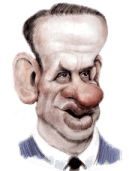

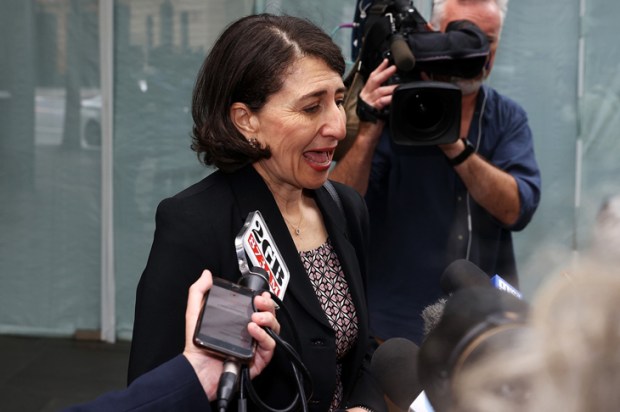
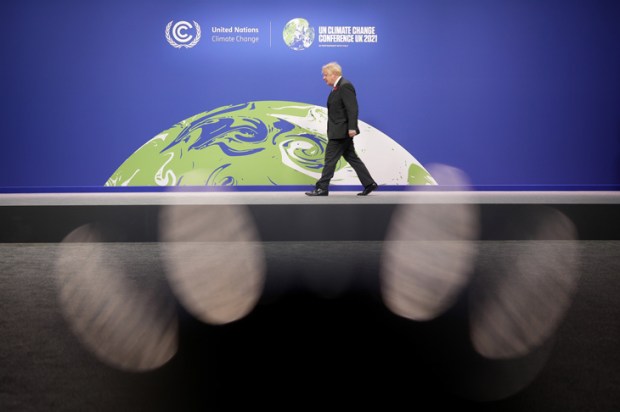
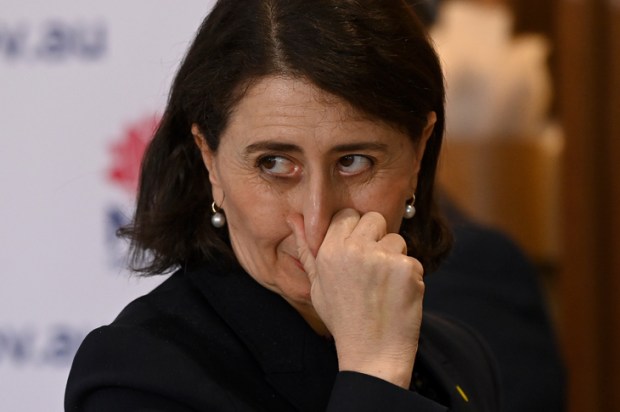
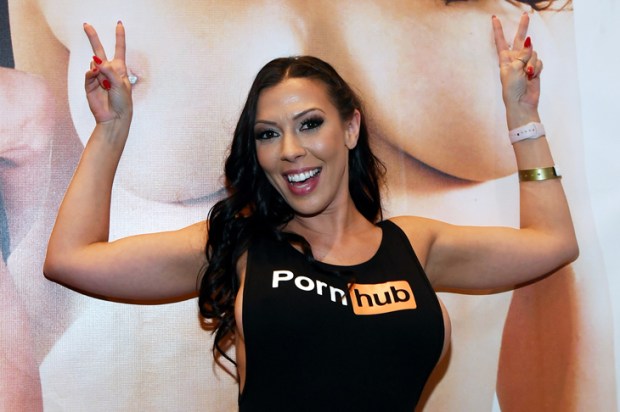
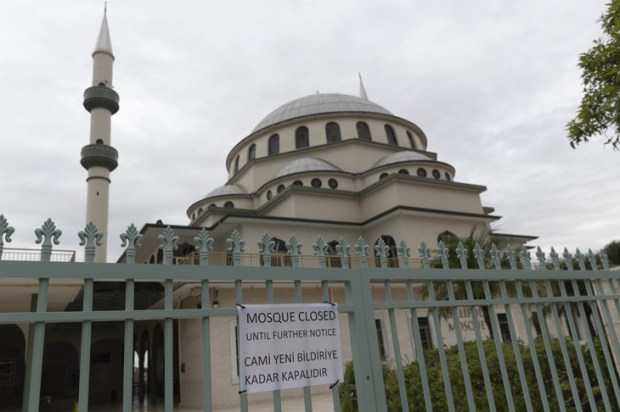






Comments
Don't miss out
Join the conversation with other Spectator Australia readers. Subscribe to leave a comment.
SUBSCRIBEAlready a subscriber? Log in